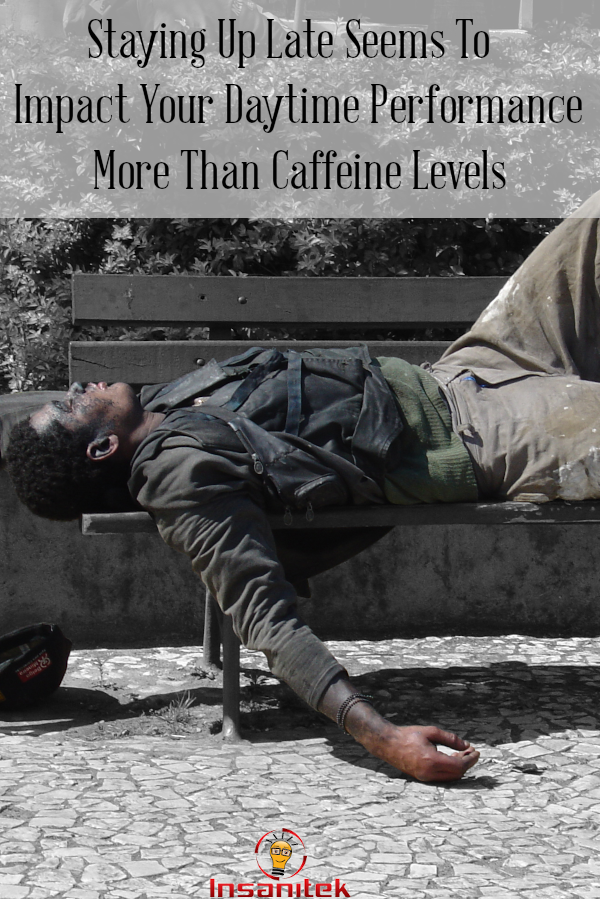If you’re a coffee drinker, you know how reliant you can become on caffeine. However, not everyone stops to think about the impact that caffeine may have on the body.
Over the years, there has been a slew of research conducted on caffeine – and even specifically coffee – to determine its impact on the body. While some studies have praised the antioxidant properties of coffee, others have frowned upon the potential impact it has on the heart. Now, scientists have come together to analyze all of the research and develop a verdict once and for all (Shopp, 2018).
In an article published in the Journal of the American College of Cardiology, the collective results showed that regular coffee drinkers had lower amounts of new-onset atrial fibrillation. The researchers were also unable to find a link between caffeine and abnormal heart rhythms, including supraventricular tachycardia and ventricular fibrillation.
So is coffee the answer to getting the caffeine jolt you need without negatively impacting your health? The jury is still out, but one thing is for certain – sleep is a sure-fire way to reduce the need to consume caffeine to stay awake during the day. In addition, sleep is essential for staying sharp when you need it most.
Sleep and Daytime Performance
 How well you perform during your waking hours may depend on when you go to bed and how much you sleep, according to one study published in 2017 (White, 2017). Researchers found that if you stay up an extra hour per night, you are more likely to perform slower the following day.
How well you perform during your waking hours may depend on when you go to bed and how much you sleep, according to one study published in 2017 (White, 2017). Researchers found that if you stay up an extra hour per night, you are more likely to perform slower the following day.
“The data set is pretty amazing,” said Jamie Zeitzer, PhD, a co-author of the study and a Stanford assistant professor of psychiatry and behavioral sciences. “We looked at more than 30,000 people over 18 months, which came out to more than 3 million nights of sleep analyzed.”
In the end, it was best for participants to not only get sufficient sleep per night, but maintain healthy sleep patterns – and this was even after researchers took caffeine intake into account.
So before you grab your next cup of coffee, think about whether you want to maintain the vicious cycle. Perhaps putting in the extra effort to get more shut-eye will pay off during your waking hours instead.
References
Shopp, Laura. “Could caffeine be good for your heart?” Retrieved April 20, 2018, from http://abcnews.go.com/Health/caffeine-good-heart/story?id=54514658.
White, Tracie. “Sleep deprived suffer performance loss, according to new study.” Retrieved April 20, 2018, from http://scopeblog.stanford.edu/2017/01/26/sleep-deprived-suffer-performance-loss-according-to-new-study/.
